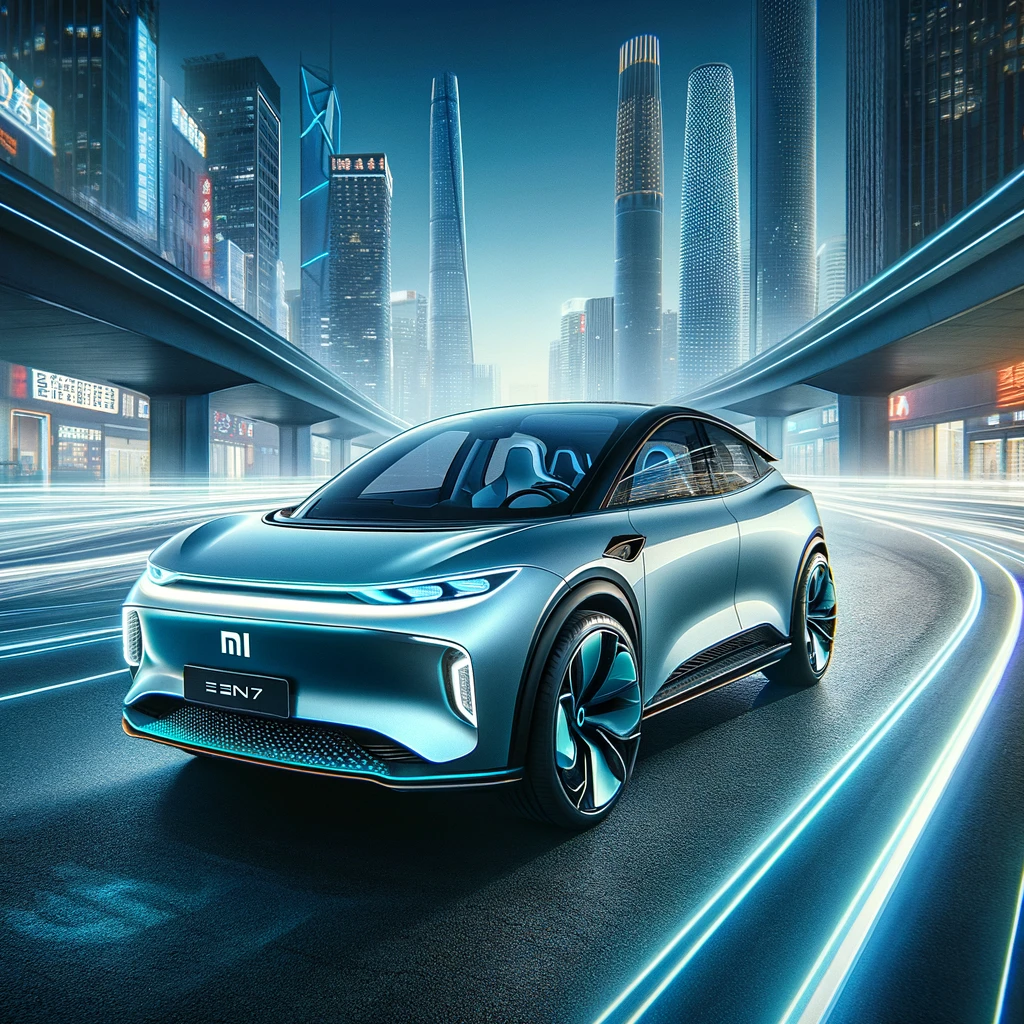Xiaomi’s Ambitious Leap into Electric Vehicles with the SU7
Xiaomi’s Bold Entry into the EV Market
Xiaomi, a brand initially renowned for its affordable smartphones, has made a striking entry into the electric vehicle (EV) market with the unveiling of its first-ever electric car, the Xiaomi SU7. Revealed at a Beijing event, the SU7 marks a significant shift for the Chinese electronics giant, showcasing its ambition to become a global automobile leader and contend with giants like Tesla and Porsche within the next two decades. Xiaomi plans to invest $10 billion in this venture, signaling its commitment to revolutionize the EV industry just as it did with smartphones a decade ago.
Design and Performance
The SU7, an acronym for Speed Ultra, is designed to rival high-end EVs such as Tesla’s Model S and Porsche’s Taycan Turbo, both in terms of performance and intelligent driving features. The vehicle comes with a robust 101 kWh battery, supplied by CATL and BYD, offering a maximum range of 800 km (about 500 miles). It will be available in both single and dual motor configurations. The top-spec AWD version promises a power-packed performance, boasting 475 kW of power for a rapid 0-100 km/h (62 mph) acceleration in just 2.78 seconds and a top speed of 265 km/h (165 mph).
Autonomous Driving and Tech Innovations
Emphasizing technological prowess, the SU7 will feature autonomous driving capabilities through Xiaomi’s Pilot platform. This system is powered by up to two NVIDIA Drive Orin processors and is equipped with an array of sensors, including a top-mounted Lidar with exceptional visual range and accuracy. This allows the SU7 to navigate busy streets, perform valet parking, and even park itself in tight spaces. The SU7’s software and electronics suite is equally impressive, powered by Qualcomm’s Snapdragon 8295 processor and offering a wide range of interactive and user-friendly in-car entertainment options.
Challenges and Competition
Entering the EV market in 2021, Xiaomi faces a challenging regulatory landscape in China, the world’s largest car market. The government’s tightened control over manufacturing permits has led Xiaomi to partner with the state-owned Beijing Automotive Holding Group for building its EVs. Furthermore, Xiaomi is entering a fiercely competitive market, with numerous new models already available from a variety of brands.
In conclusion, Xiaomi’s SU7 is not just an ambitious project but a statement of the company’s vision to transcend its roots in consumer electronics and establish itself as a significant player in the global EV market. With its advanced features, impressive performance, and futuristic design, the SU7 could potentially reshape consumer expectations in the electric vehicle segment.
